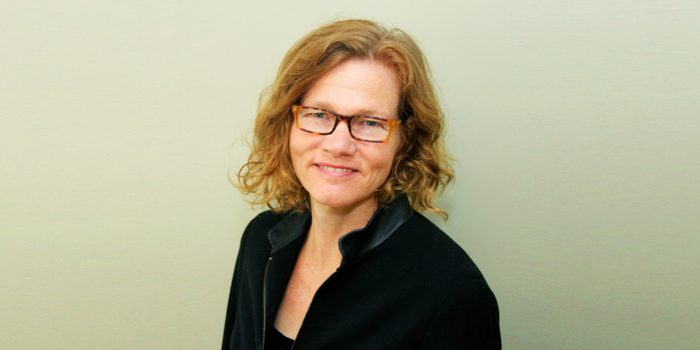Youth on the streets are calling for “systems change, not climate change.” And, according to a new report by Future Earth, the digital transformations unfolding today could help answer this call.

Historically, the report says, climate and digital agendas have been approached as two independent issues but increasingly are recognised as intertwined. Humans are connected to each other through and dependent on both the digital and the natural worlds.
Global systemic risks are likely to emerge from both these worlds if we fail to act urgently and continue on our current trajectory.
Yet within this link lies an opportunity to re-shape our everyday interactions with each other and the natural world, the way we conduct business, and how we govern our society, to meet the climate crisis.
The report, titled “Digital Disruptions for Sustainability” or D^2S, explores these interconnected agendas and highlights research, innovation, and actions needed to drive societal transformations in support of a more sustainable and equitable world. This report was developed over a year-long collaborative process with input from more than 250 sustainability and digital experts worldwide from academia, business, and civil society.
“Climate strategies tend to focus on targeting investments on emission reductions by sector,” says Amy Luers, Executive Director of Future Earth and the project’s leader.
“This sector-based work is critical, of course, but insufficient to meet our climate goals. This is because while research indicates that deep decarbonisation is technically possible, we have not yet figured out how to steer society onto a deep decarbonisation path. More research and innovation on this issue are urgently needed.”
This is the focus of the D^2S Agenda. It approaches climate as a social challenge. Rather than focus on the high carbon-emitting sectors, the Agenda focuses on the rules, norms, power structures, and mindsets underpinning all sectors and constraining climate actions.
It explores the opportunities and challenges of leveraging new capabilities of the digital age to break these constraints and drive rapid and unprecedented societal transformations needed to achieve the Paris Agreement climate goals.
Examples include leveraging the digital age to decentralise power from the top and empower more stakeholders, to shift social norms of consumption toward low carbon products, and to reshape society’s mindset from more efficient fossil fuel use to shifting off them.
“The initial promise of the digital revolution was democratised information, more accountable governments through broader citizen participation, and the growth of a more equitable and greener economy,” says Dr. Luers.
“Yet many of these aspirations have not been realised, because society failed to anticipate how the digital revolution would unfold. As a result, today the digital world threatens individual rights, human dignity, social justice, the future of democracy, and environmental sustainability.”
According to the D^2S Agenda, it is not too late to change course.
Artificial intelligence, coupled with a broader range of digital tools, still have the potential to change for the better our economic systems, our governance systems, and even our cognitive systems – in short, to achieve the systems change that young protesters are demanding. But it will take a conscious collective effort to make that happen.
As Dirk Messner, President of the German Environment Agency, and a collaborator on the project, comments in the report, “We will only achieve our sustainability goals if digitalisation is consciously geared towards them.”
The D^2S Agenda outlines a framework for this collective work.
It centres around steering the effect of four “digital disruptors” that are altering fundamentally the power, rules, and mindsets of society today.
